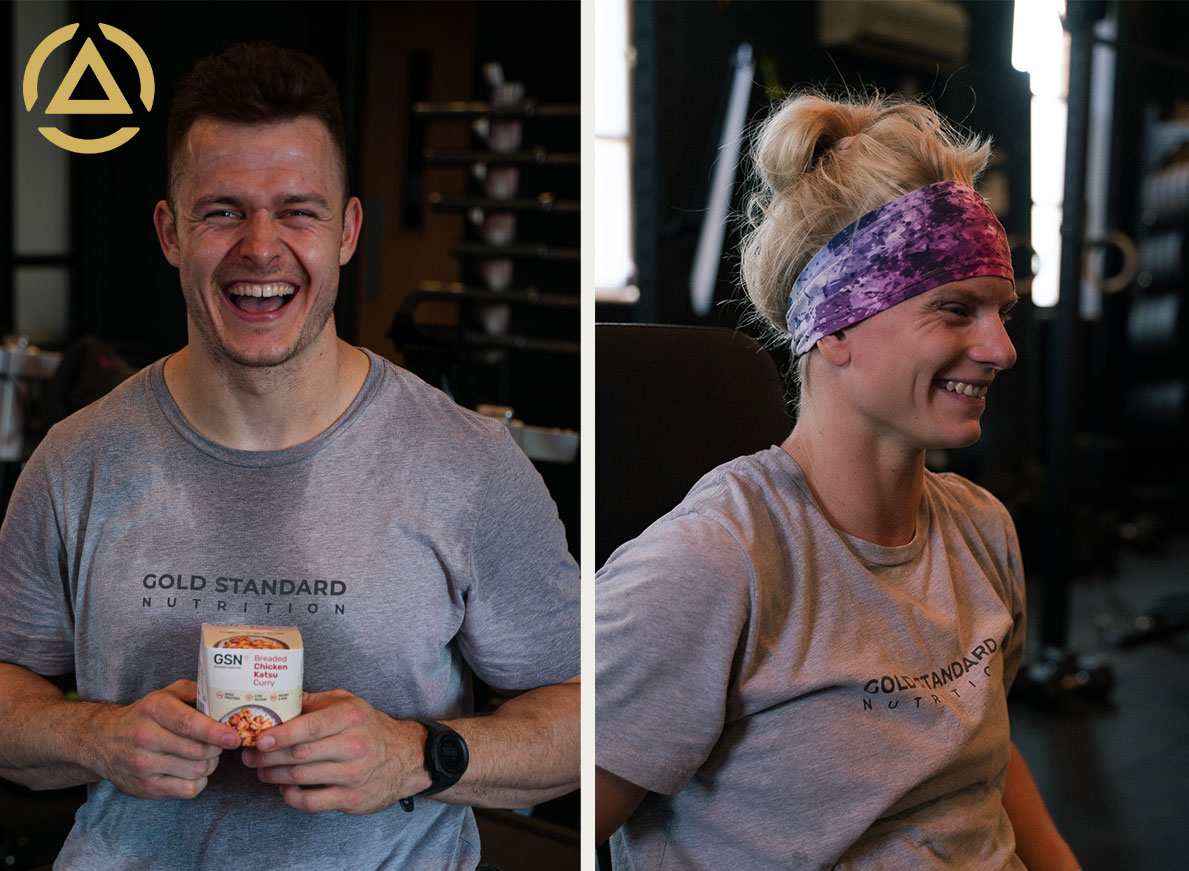

Loading...

Loading...
Questions are great … but only if you know the answers and ask the right questions!
So whilst you may want to know how many scoops of protein powder you should be adding to your shake you should first be asking how much protein do I need?
Firstly… Did you now that we’re not JUST the frozen food guys? – Our small family team is also made up of qualified in-house sport and health nutritionists so when it comes to all things food, nutrition and diet – We’ve got you covered!
We digress …Let’s go back to basics!
Proteins are ESSENTIAL nutrients for the human body. They’re responsible for our body’s growth and repair along with maintenance of good health and with that comes good reason to ask just how many scoops of protein you should be having?
Quality over quantity! More is not necessarily better and consuming excessive amounts of protein doesn’t equal our dream physique – there is more to it than that!
Our bodies are constantly in a state of change – YES, even right now whilst you read this your bodies tissue and muscle is breaking down and building back up in a process called protein synthesis! We can enhance this process by coupling resistance based exercise with an increase in protein intake(1) which is when muscle growth occurs and this relationship becomes even more important when looking to lose weight by adopting a calorie deficit where the need to prevent permanent muscle breakdown is countered by ensuring you are consuming enough protein within your diet (2), or indeed inevitably as we age were the degeneration of lean muscle mass needs to be prevented by adequate dietary protein (3).
Whilst you should always strive to hit your RDI (reference daily intakes) of macronutrients including protein from wholefood – this is easier said than done! Protein needs depend on your age, sex and physical activity level, so the same scoop size isn’t right for everyone. Furthermore we are all scooping and shaking for different reasons which could include to build muscle, lose weight, gain weight, improve performance or recovery and repair from injury or illness. Athlete’s dietary needs are greater than those of non-athletes. As a guideline, see below:
Healthy individuals – 0.8g protein per Kg of body weight
Athletes – 1.3-1.8g per kg of body weight taking into consideration exercise/activity type (2).
Endurance athletes are catered for closer to 1.3g whilst resistance/power athletes would see a recommendations of 1.8g more appropriate however calories are calories and overconsumption from any source can lead to weight gain. A common rule is 20-25g of lean protein per meal to promote optimal protein synthesis (3) across the day with 3-4 intakes ranging from meals to shakes (2)!. That’s why we include 1 full GSN chicken breast in each of our high protein, low sugar Pot O Gold ready meals! That’s a perfect portion of 30g of protein in 10 delicious, convenient and healthy flavours that are ready in just 6 micro-minutes!
Now that we understand the value and measures of protein intake – Let’s talk protein timing!
Research has evidenced that eating high quality protein within two hours after exercise – either by itself or with carbohydrates – enhance muscle repair and growth!
Protein should only be consumed post workout right? to maximise my gains? WRONG!
Protein should be in your pre-workout meal and it plays an important part too as studies have shown that Protein consumed alone or with carbohydrates pre-workout can increase protein muscle synthesis.
Pre-workout protein intake can promote lean muscle mass, strength, and even help improve recovery before we have even started (3)!
It is therefore pertinent to highlight that quality, quantity and timing of protein intake is essential!

Protein shakes are great and can SUPPLEMENT all of these however before you delve deep into that tub of powdery protein – consider the above!
Now you’ve started to ask the right questions – why not put it into practice?
If you want to share any protein facts, tips, recipes or knowledge with us please do share with us on social media via our Instagram and Facebook page @goldstandardnutrition . We are always keen to share customer knowledge, feedback and recipes to help us grow #TeamGSN
References: